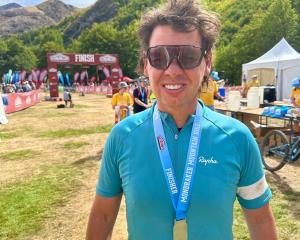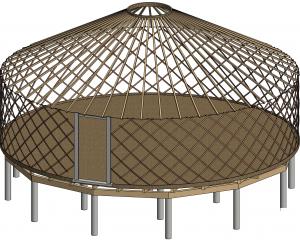University of Otago Medical School students Nicola Shaw and Kerry Short, who are based at the Christchurch campus, are to gain experience in rural health centres abroad after they were granted $5000 each by the Pat Farry Rural Health Education Trust to help their elective travel in the first term of 2013.
Chairman John Farry said the trust's travelling scholarship "assists young people to spend valuable time in innovative and challenging overseas situations, to return, and to become the new generation of idea generators here in New Zealand".
Ms Short departed on Monday for the Chitwan district of Nepal, where she will join a travelling rural clinic-based programme called Hope and Home Nepal.
She is scheduled to arrive in Katete, eastern Zambia, on Christmas Eve to begin a six-week placement in the St Francis Hospital, a small base hospital serving a large rural population.
Ms Short is a pilot and has also arranged to join the Flying Medical Service in Arusha, Tanzania, for four days.
Set to travel to Ecuador in late February, Ms Shaw will join a mobile surgical bus operated by the Cinterandes Foundation, for five weeks.
She will also travel to the St Francis Hospital in Zambia.
Ms Shaw and Ms Short are both fifth-year students who chose to spend their year based in Greymouth as part of the rural medical immersion programme.
The programme was established by Dr Pat Farry, late of Queenstown, in 2007.
Every year, between 20 and 25 medical students considering a rural-based medical career choose real-life learning in one of six rural centres. Transferring to one of the centres to live for the year, students learn under the guidance of experienced GPs, rural hospital generalists and tertiary hospital specialists.











